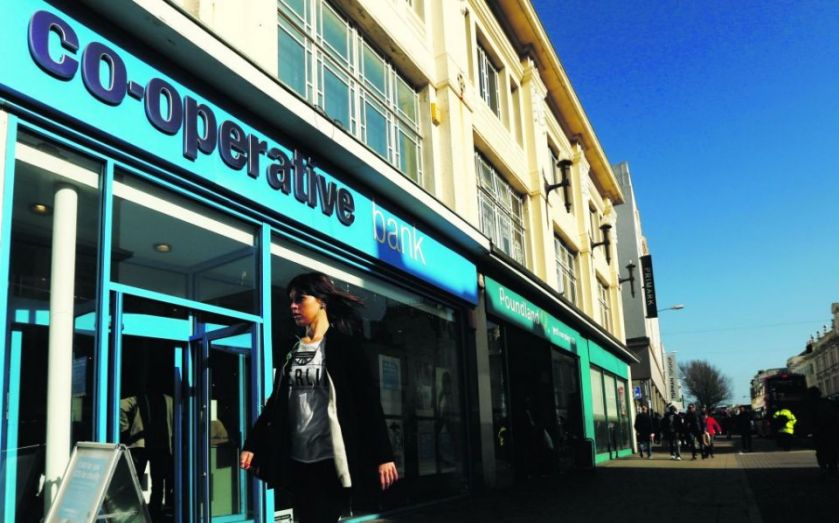Co-op Bank gets set to reject even more businesses – but is its ethical policy viable?

How seriously do we take this? Pretty seriously.” So says the stern man getting “ethics and values” tattooed on his back in the Co-op Bank’s cinema ad boasting about its ethical policies.
Even more serious than a tattoo – which was not actually tattooed on to the actor, by the way – is the fact that the Co-op has refused to lend £1.4bn to customers who do not meet its ethical standards.
And the bank yesterday pledged to tighten its policy further, ending lending to any fracking firms it believes have damaged the environment, payday lenders, and irresponsible gambling firms, among others.
The new rules will be applied retrospectively, too, so the bank will root through its back book of loans to kick out anyone it does not like.

The Co-op Ethics & Values tattoo
It is a major undertaking, and an expensive one. Given customers do not change banks very often, can maintaining and enhancing an ethical reputation really be worth the hassle?
It is a particularly important question when the Co-op Bank is in trouble – it had to be sold to private equity firms after making crippling losses – and really needs to shore up its reputation.
“There was at the time of that takeover, some very considerable questioning of whether a private equity firm would actually be at all interested in ethical business,” said Peter Montagnon from the Institute of Business Ethics.
“They said they would, so it is interesting the Co-op is now reinforcing that approach. They need to solidify their presence by cultivating that image.”
So in one sense, it is an issue of survival for the bank. They lost some customers in their near-collapse, with clients like councils closing their accounts – some had been burned when the Icelandic banks failed, and others were automatically stopped from investing in the Co-op when its credit rating was slashed.
But there are also future risks which the Co-op is well prepared for, as customers become increasingly vocal about firms they dislike.
“The big prize is the emerging future consumer, the millennials – they know they can bring a brand down with a tweet,” said brand strategist Craig Wills from The Gild.
“Brands associated with green, sustainability and trust sell more products than brands that don’t stand out as ‘good.’ Millennials not only are capable of seeing right through ‘greenwashing,’ or false promises; they actively punish ‘bad’ brands or brands simply not doing any good.”
Perhaps the main advantage the Co-op has is simply the classic commercial goal – nobody else is doing this.
Banks all have a bad name, at least in circles which are getting worked up about fracking, so it might hope to face relatively little competition in this part of the market.
“They have a brand which has for a long time been associated with ethical behaviour. They know it is a way to attract loyal customers from a market segment that interests them,” said Montagnon. “They know there is a price, as they will forgo some business. But some of those businesses may be relatively risky, so it would not fit with a conservative lending policy.”
“So the sacrifice may not be that great. Is there a commercial rationale here? Yes.”